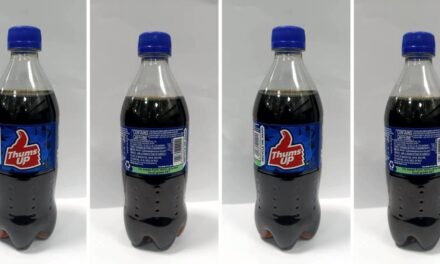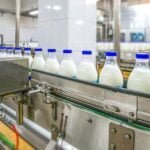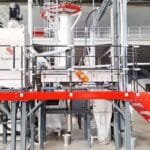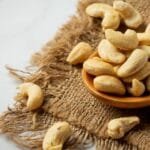This innovation is expected to help PepsiCo meet its goal reduce virgin plastic from nonrenewable sources by 50% per serving across global beverage and convenience foods portfolio by 2030.
As part of PepsiCo’s pep+ (PepsiCo Positive) sustainable packaging journey to ensure packaging never becomes waste, PepsiCo is the first beverage company to commit to a North American roll out of paper-based solutions to replace plastic rings across multipacks that have traditionally used plastic rings.
PepsiCo products are consumed by consumers more than one billion times a day in more than 200 countries and territories around the world.
PepsiCo Beverages North America (PBNA) announced new paperboard designs that would be introduced in the United States later this year in a staged, regional approach. This builds on PepsiCo’s accomplishments in Canada, where the paperboard shift is only getting started.
PepsiCo will use paperboard wraps and paperboard clips for its multipacks in place of traditional plastic rings. This conversion to more sustainable packaging will include brands like Pepsi, Pepsi Zero, MTN DEW, Starry, Gatorade, amongst others. It will also include 7Up in Canada. The new packaging is easy to implement on shelf for customers, has consumer-friendly branded-design, is made from recycled materials and is recyclable.
The designs will be introduced in a phased manner, with a regional approach.
The effort builds on the beverage company’s existing progress in Canada, where the move to switch to paperboard designs has already begun. This transition to recyclable paper packaging will be implemented for PepsiCo’s various brands, including Pepsi, Pepsi Zero, Starry, MTN DEW, and Gatorade, among other branded products.
PepsiCo’s 7Up product in Canada will also be a part of this change.
The new paperboard packs, according to the company, feature a consumer-friendly branded design and will be easy to accommodate on marketplace shelves. This innovation will drive progress toward PepsiCo’s ambitious pep+ goals to reduce virgin plastic from nonrenewable sources per serving across our global beverage and convenient foods portfolio by 50% by 2030. As a result of this transition, PepsiCo will eliminate millions of pounds of plastics from its packaging in North America over the coming years while continuing to enable packaging circularity.

















